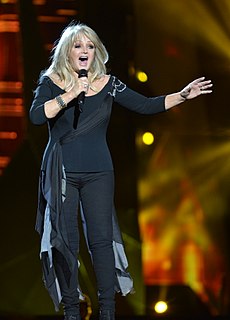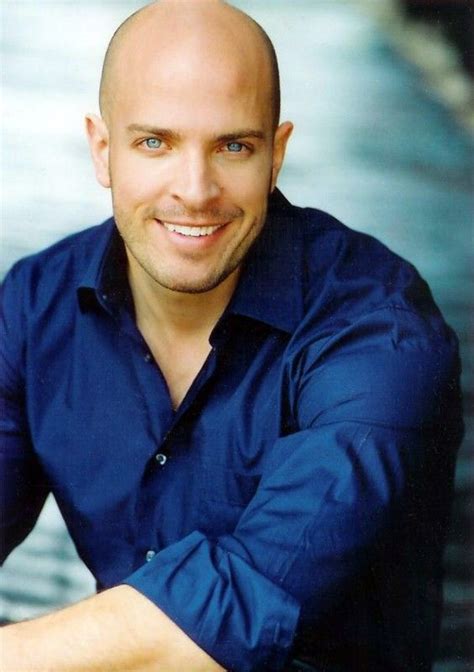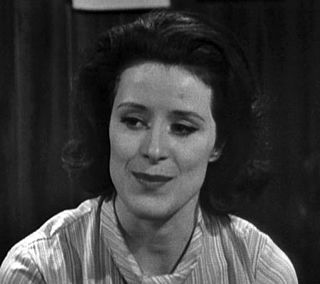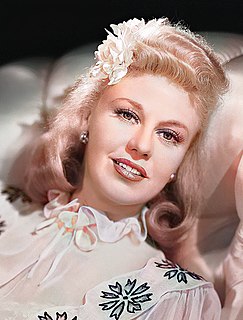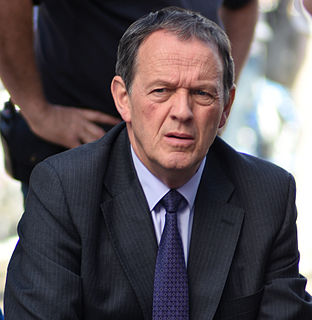A Quote by Bonnie Tyler
My mother, who died aged 82, had Alzheimer's. Losing your memory is bad enough, but everything shuts down. You can't remember how to eat or go to the toilet. It's a terrible disease and so distressing to watch it take over someone you love.
Related Quotes
Alzheimer's is a horrible thing. Some people are naive about it. They think, 'Oh it's just your memory,' but my mother was in terrible pain. Your body closes down. She didn't know if she'd eaten or if she wanted to eat. She couldn't remember how to walk. Towards the end, she didn't know us. It came gradually, then it got worse.
My mother had a life-altering stroke when I was nineteen and she died when I was twenty-three. I'm now older than my mother when she died and my relationship with her has really changed over these many years. I continue to stay interested in her and I know her differently now. Losing my mother, losing dear friends, is now part of the fabric of my being alive. And the fabric keeps changing, which is interesting.
I remember Anthony Perkins saying, "Real is not necessarily interesting." So real is not enough. But what happens as an actor is that you're really trained to listen and to be open and have empathy. It's such a natural consequence that you end up being more political. You can empathize with the mother whose kids are going to be sent to Iraq, or you can emphasize with the mother who is losing their child to a disease. How could you not then be active? So you're automatically drawn to that aspect in the rest of your life.
I didn’t know how I could live with that knowledge, without it eating me up, without it poisoning every happy memory I had of growing up. Without it ruining everything Beck and I had. I didn’t understand how someone could be both God and the devil. How the same person could destroy you and save you. When everything I was, good and bad, was knotted with threads of his making, how was I supposed to know whether to love or hate him?
